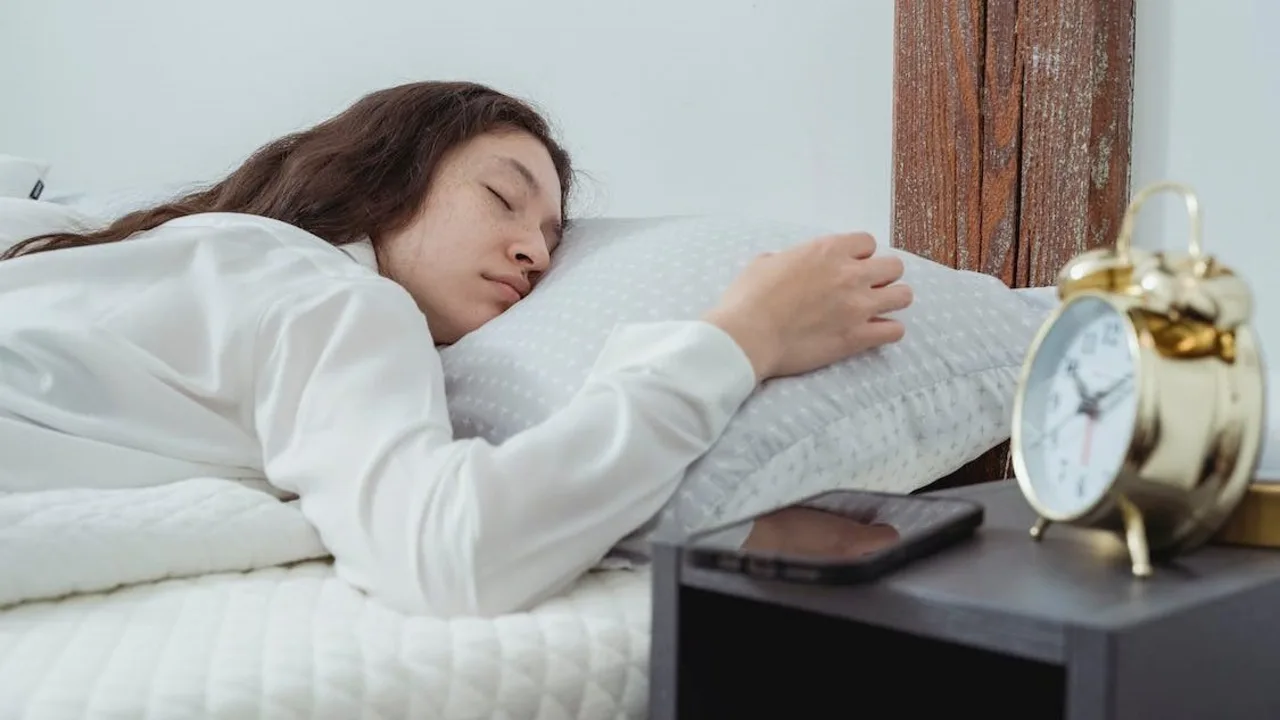Sleep Hygiene Guide: Easy Steps for a Good Night's Rest
If you’re tossing and turning, chances are your bedtime habits need a quick makeover. Sleep hygiene isn’t about fancy gadgets – it’s the everyday choices that make falling asleep feel natural. Below are straight‑forward actions you can start today to calm your mind, settle your body, and wake up feeling refreshed.
Set a Consistent Clock
The easiest way to train your body is to go to bed and get up at the same time every day, even on weekends. Your internal clock loves predictability; when you mess with it, you’ll feel groggy and irritable. Aim for a window of 7‑9 hours and stick to it. If you’re used to late nights, shift your bedtime earlier by 15 minutes each few days until you reach the target.
Build a Bedtime Routine that Signals Sleep
Your brain needs a cue that it’s time to shut down. Dim the lights an hour before bed, turn off screens or use a blue‑light filter, and do something calming – reading a paperback, gentle stretching, or listening to low‑key music. Avoid scrolling through social media; the bright screen keeps your brain wired and makes melatonin production slower.
Keep the routine short (15–30 minutes) so you don’t feel like it’s another chore. Consistency is key: over time, your body will associate those actions with sleep and you’ll drift off faster.
Create a Sleep‑Friendly Bedroom
Your bedroom should be a sanctuary for rest. Aim for cool temperatures (around 65°F/18°C) – cooler rooms help lower core body temperature, which signals sleep. Block out light with blackout curtains or an eye mask and silence distractions with earplugs or white noise if needed.
Invest in comfortable bedding that supports your preferred sleeping position. A clutter‑free space reduces visual stress, making it easier to relax the mind.
Watch What You Eat and Drink
A heavy meal, caffeine, or alcohol too close to bedtime can sabotage sleep. Try to finish dinner at least two hours before lights out and keep evening drinks low‑caffeine (herbal tea is a good pick). If you need a snack, choose something light like a banana or a handful of almonds – they contain magnesium which may improve sleep quality.
Move Your Body Earlier in the Day
Regular exercise boosts deep sleep, but timing matters. Aim for at least 30 minutes of moderate activity (walking, cycling, yoga) earlier in the day. Working out within two hours of bedtime can raise adrenaline and heart rate, making it harder to wind down.
Manage Stress Before Bed
An overloaded mind is a common sleep thief. Try jotting down worries or tomorrow’s to‑do list before your routine starts – externalizing thoughts frees up mental space. Simple breathing exercises (inhale for four counts, hold two, exhale four) can lower cortisol and promote relaxation.
Remember, you don’t need to overhaul everything at once. Pick one or two changes that feel doable, try them for a week, then add another. Small, consistent tweaks create big improvements over time, turning restless nights into restful sleep.

The Importance of Sleep Hygiene in Preventing Shift-Work Disorder
As a blogger who deeply cares about personal health, I've been fascinated with the significance of proper sleep hygiene in warding off Shift-work disorder. This post delves into the relevance of maintaining good sleep habits and how they can effectively prevent the occurrence of this disorder usually afflicting those who work during unusual hours. You'll uncover key tips and beneficial routines for promoting a restful sleep cycle, no matter your work schedule. Don't let shift work disturb your well-being. Learn how pivotal good sleep hygiene is for your overall health.